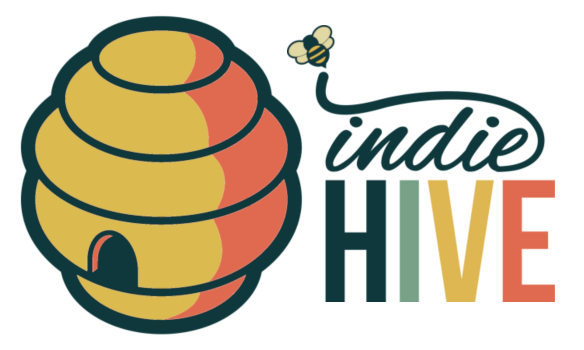The best thing about computers is the ability to use any kind of software. In this article, I talk about four programs I use in my daily life.
MSI Afterburner

While primarily used as an overclocking utility for graphics cards, I use MSI Afterburner to do something else: take screenshots in games. I find it to be very reliable at doing that, producing high-quality screenshots of the games I play, in PNG, JPG or BMP. You don’t even need an MSI graphics card to use most of its functionality. Afterburner is how I create nearly all game screenshots I use in my articles.
In addition, you can use it to record videos of your games and display an on-screen overlay showing your game’s framerate, though I would suggest using Open Broadcaster Software Studio for recording.
XOutput

Recent PC games use Xbox 360 or One controllers which use the XInput controller input framework, and these games often don’t work with the older DirectInput framework that remains prevalent. Rather than buying a controller or getting used to a new one, I have the option of using programs that convert DirectInput to XInput, such as the open-source XOutput.
In addition to allowing your old controller to work with new PC titles, you can remap any button at will, which is useful if your game doesn’t support remapping the controller, and it has support for modifying the dead zones of your buttons to rectify possible issues with them.
Free Download Manager
Whenever I download something from a site like GOG or itch.io, I turn to version 3.9.7 of Free Download Manager, a free alternative to the paid Internet Download Manager. The program has robust resume support, including replacing the download URL if it no longer works mid-way, which isn’t a feature available in most browsers. It is a very useful utility, especially for bad internet connections.
On top of what it already offers, you can install an extension for your browser to let it “catch” downloads and make it handle them for you seamlessly without copying and pasting links.
foobar2000

foobar2000 is a freeware audio player with advanced features such as gapless playback, interface customization, and tagging. It’s also a relatively small download at nearly 5MBs only, but that is not everything it offers.
foobar2000 sports a plugin system with “components” that you can install, which adds more features to the audio player and the capability to play audio file formats, such as Nintendo Entertainment System or Gameboy Advance audio files.
In Conclusion
This is only a shortlist of the programs I use on my computers. There’s a lot more that aren’t game-related, such as Notepad++ for scripting and coding, GIMP for image editing, both Microsoft Office and LibreOffice for writing these posts, among others. I hope you have found my list useful!
On the gaming side of things, you might find Old PC Games with Working Multiplayer a worthy read!



